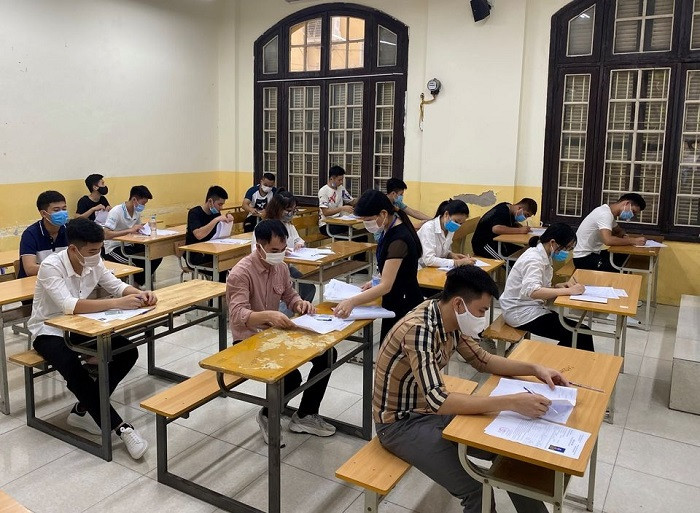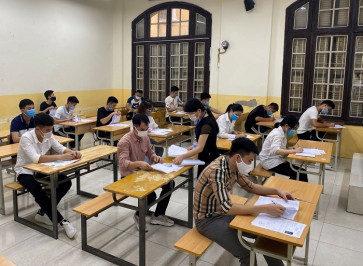Popular Reads
Top Results
Can't find what you're looking for?
View all search resultsPopular Reads
Top Results
Can't find what you're looking for?
View all search resultsVietnam's secret sauce: A blend of tradition and tomorrow
Vietnam uniquely balances honoring its past while adapting to the future, relying on its intrinsic values rooted in cultural, historical and societal foundations to carve out modern solutions with a general acceptance of unpredictability and fluidity.
Change text size
Gift Premium Articles
to Anyone
I
n 1998 as an employee of Schlumberger, my first tryst with Vietnam began. Back then, it was a country that was still grappling with the aftershocks of its tumultuous past and hoping for a brighter, more prosperous future.
Fast-forward 25 years, Vietnam is carving a notable space for itself in an age when innovation defines global leadership. Rising two places to 46th in the Global Innovation Index (GII) 2023 of the World Intellectual Property Organization (WIPO), Vietnam stands out. Notably, it’s one of three nations to have surpassed expectations for its developmental level.
The GII evaluates input pillars like institutions, research, infrastructure, market sophistication and business acumen. In contrast, outputs are assessed in the knowledge, technology and creativity domains. Among lower middle-income nations, Vietnam has retained its second position after India, and within ASEAN, it trails Singapore, Malaysia and Thailand.
On my recent visit to Vietnam, I facilitated a workshop for high school students. Their eloquent English, with a distinctly American accent, was just the beginning. Their engagement, preparation and agility during the workshop revealed deeper capabilities. Within 30 minutes, they crafted insightful presentations over three rounds, rivaling the depth and rigor of case studies at institutions like Harvard Business School.
However, their true distinction lies in their digital skills and comprehensive understanding of global issues. During a climate change activity, their innovative, patriotic solutions highlighted the potential of Vietnam's youth for the nation's future. Armed with knowledge, digital expertise and deep-rooted responsibility, they're the next leaders for Vietnam on the global stage.
A remarkable element was the attentive presence of parents, emphasizing Vietnam's societal values. Both parents, even with their younger children in tow, showcased their deep commitment to their children's education.
Having conducted sessions in 51 countries, such profound familial participation is rare. This blend of family support and modern education might be what gives Vietnamese students an advantage, grounding them in their culture while exposing them to global opportunities.



















